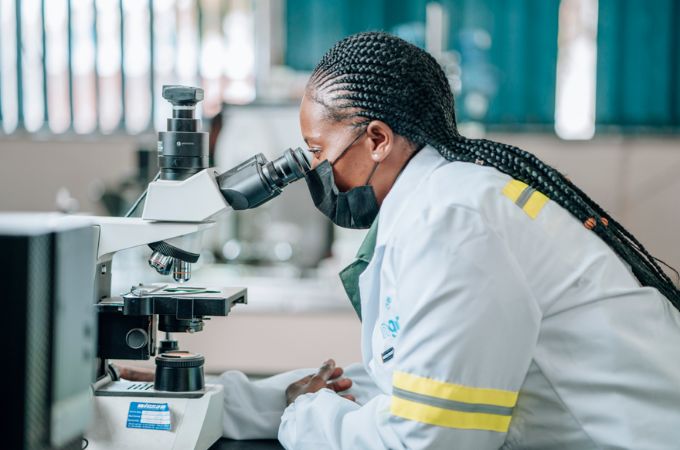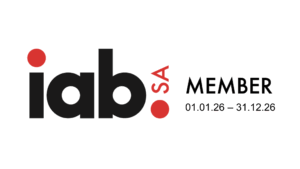Barloworld Ingrain
“Empowering women goes beyond achieving parity within our organisation—it’s about creating meaningful opportunities and enabling sustainable growth for women in every community we touch. At Barloworld, we believe that true progress comes when women thrive both within and beyond our corporate boundaries” states Nopasika Lila, Group Finance Director at Barloworld.
With employees and initiatives across various geographies and more than 6000 employees, the Barloworld team knows it is more important than ever to maintain its promise to always contribute to the societies in which it operates.
While our social initiatives cover so many demographics – and each remains of vital importance to us – one of the largest that remains underserved is women, and especially women of colour.
That’s why for the many women still shouldering the burden of unemployment, underemployment, and a general lack of representation, it is essential that the private sector continues to work towards closing the global gender gap. Since 2006, the World Economic Forum’s Global Gender Gap Index has studied the current state of gender parity, the longest-standing index of its kind. Last year, its findings examined 146 economies and revealed that at the current rate of just 0.1% improvement in closing the gap, it will take 134 years to reach full parity.
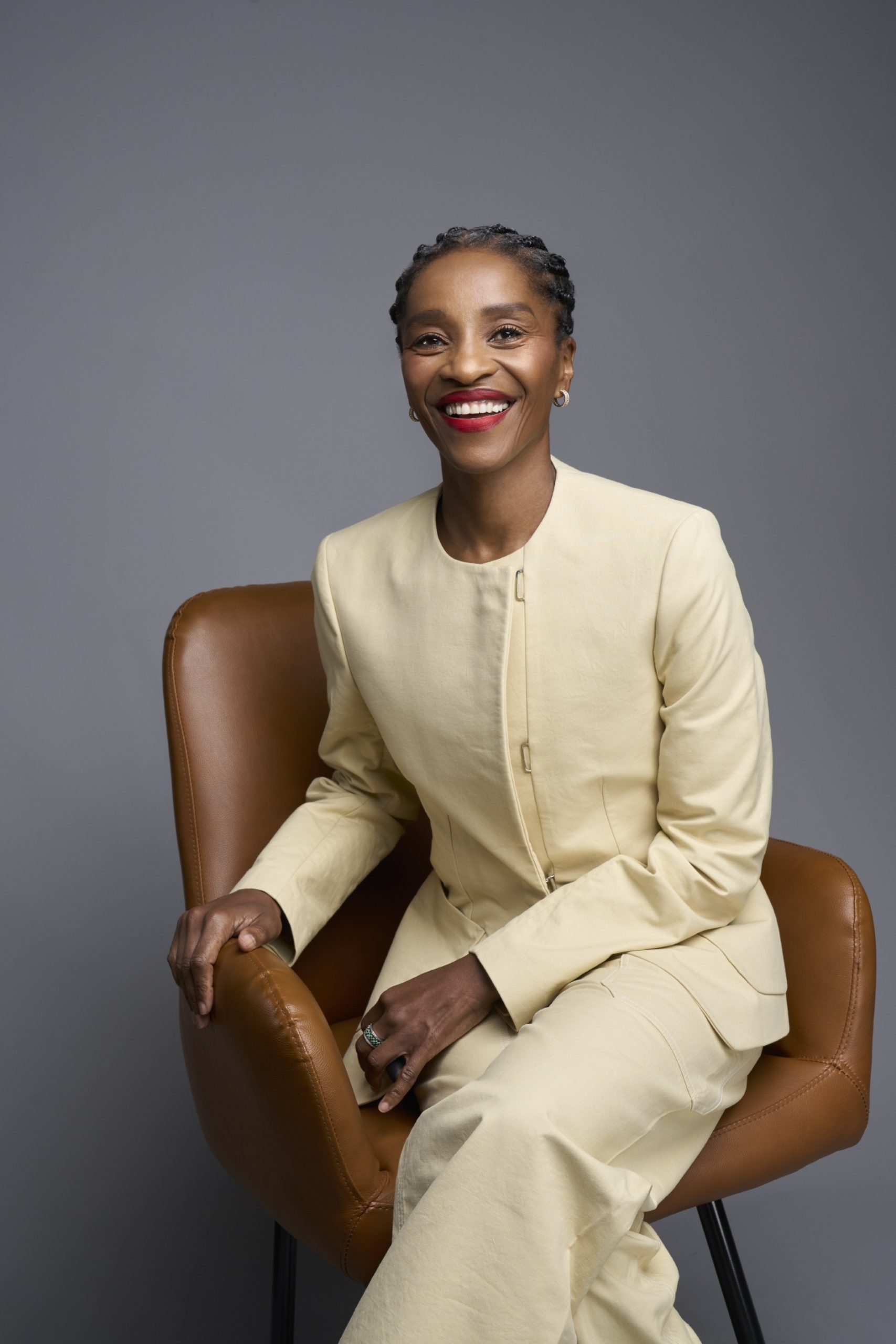
Nopasika Lila, Group Finance Director at Barloworld.
Key to changing this, the report suggests, is a keen focus on workforce representation and leadership. In 2024, LinkedIn data shows that women’s workforce representation remains below men’s across nearly every industry and economy, with women accounting for 42% of the global workforce and 31.7% of senior leaders. Top-level positions continue to elude deserving women, something that we as Barloworld have spent years addressing within our business.
Last year, our integrated report outlined some impressive milestones for us as a business:
Women represent 52.4% of Barloworld’s leadership team (board and executive committee combined). They constitute 33.3% of the total South African workforce (29.5% being black women). Meanwhile, across our Eurasia operations, women represent 43% of management, reflecting continuous year-on-year growth.
We are managing to exceed the diversity targets and employment equity plans we set down in 2022, building a more inclusive workforce with a focus on career development, appointments, promotions, retentions, and meeting and exceeding the targets set in our employment equity plans. A central goal is to ensure our workforce is as diverse as the economically active population of South Africa in the long term.
To ensure that all people across the organisation feel not only valued, but able to openly express themselves, a key objective over the past year has been to establish a psychologically safe atmosphere, enabling management and employees to speak openly without fear of negative consequences or ridicule. This entails weaving a multifaceted quilt using the Barloworld Business System framework, to build a conscious culture embedded across our talented men and women leadership.
Diversity and Parity beyond Barloworld
“The private sector holds a critical responsibility to innovate through products, services, and policies aimed at uplifting underserved communities. At Barloworld, we recognise that achieving genuine gender parity requires going beyond internal measures—we must actively empower women in the communities and partner organisations we engage with.” Gale Lemmert, Executive Riks, Ethics and Governance.
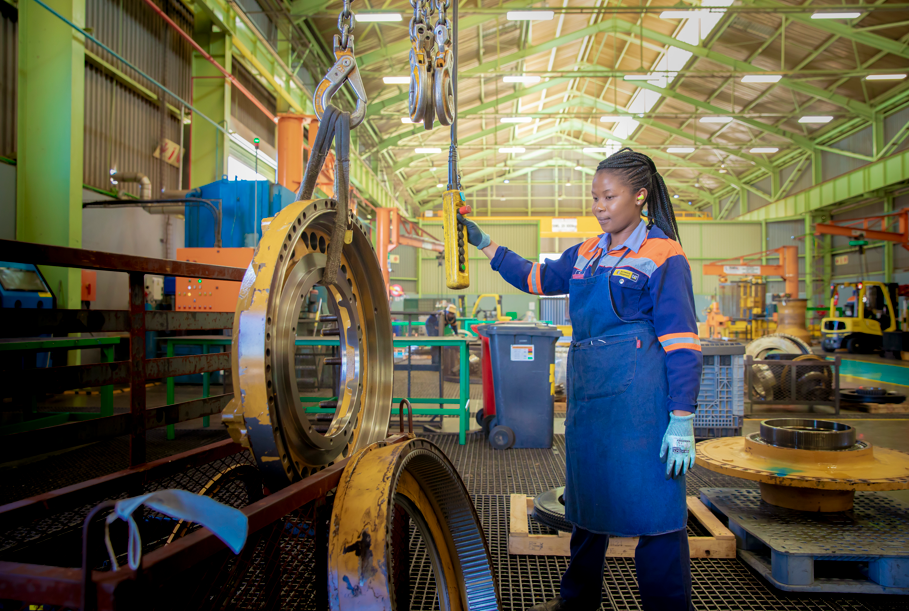
Barloworld Equipment
Last year, Barloworld Mbewu took home the prestigious CSI Legacy Best Corporate Award. Mbewu provides seed funding, access to finance, and incubation to social enterprises for a three-year period. The incubation entails training and mentorship – elements that give social entrepreneurs much- needed support to grow and scale their businesses for greater social impact. Through Mbewu and our other initiatives like the Barloworld Trust, we believe we can make a significant and lasting impact on social enterprises doing excellent work in our communities – especially women-run businesses.
This is embodied in Barloworld Siyakhula, which contributed R16.6 million last year alone to support small and medium enterprises. Through interest-free loans, grand funding for tools and marketing, and skills and strategy development, we’re doing what we can to transform our supply chains.
A key example is Too-See Engineering, a 100% black women owned manufacturing and fabrication business that last year used our support to secure new equipment, provide mentoring for the leadership team, and a series of other projects to strengthen the business and offer clients even more competitive prices and new services.
We also remain proud of establishing Africa’s first gender-linked bond. This R1.143 billion bond was designed to increase participation of women across our leadership structures and supply chain, to showcase that our gender transformation strategy goes beyond rhetoric and is intrinsically connected to our financial performance.
Ensuring accountability, the gender-linked bond establishes clear benchmarks for assessing progress. Executive Strategic Finance, Relebohile Malahleha, outlines its intended impact: “Launching Africa’s first gender-linked bond signifies our intent to lead meaningful change. By linking our financial objectives directly with gender empowerment, we’re ensuring that our diversity initiatives are measurable, impactful, and tied explicitly to our business success.”
Establishing the next generation of women leaders
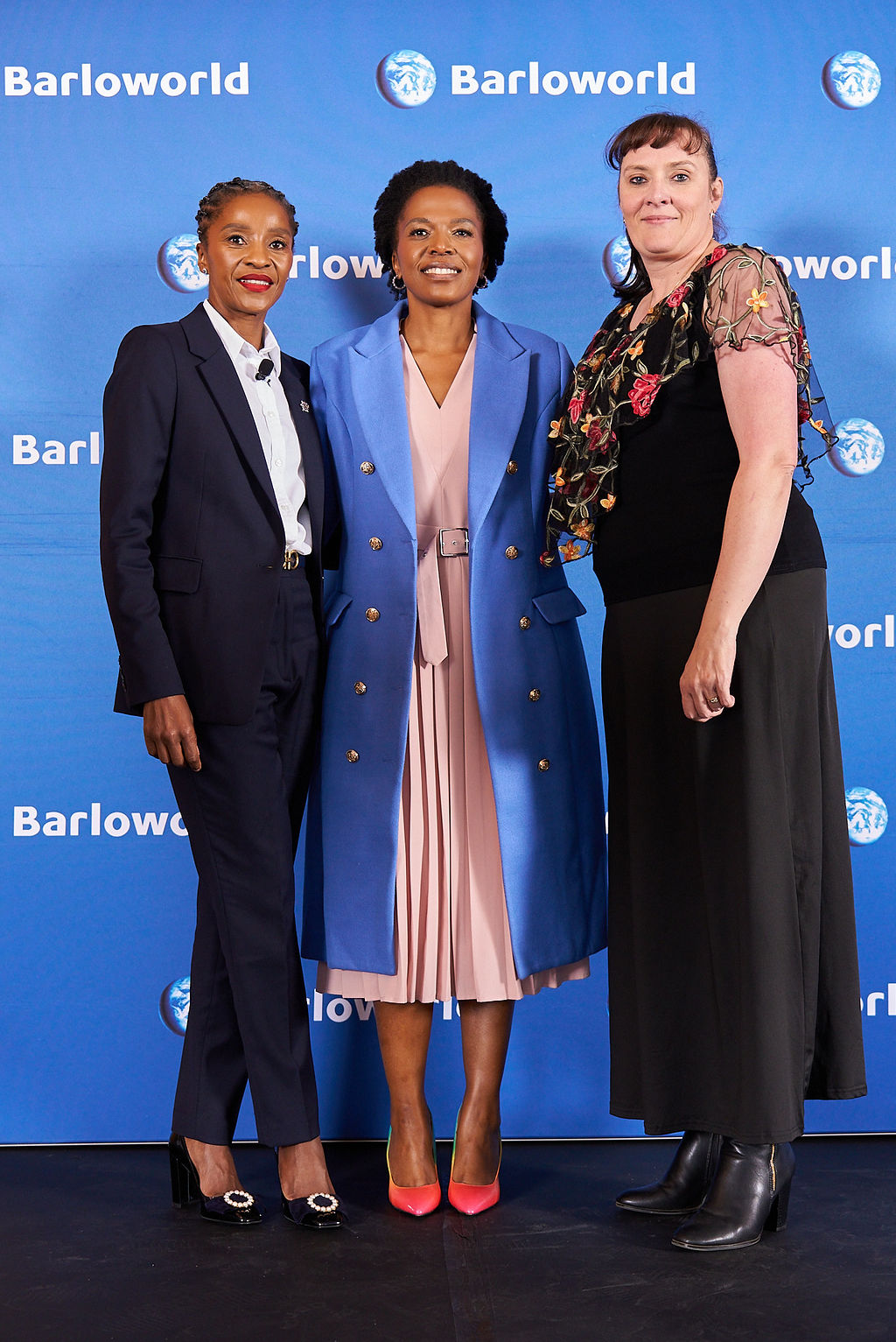
Nopasika Lila, Group Finance Director at Barloworld, Relebohile Malahleha, Executive Strategic Finance, Elize Hanekom, Group Finance Manager
But we cannot underestimate the value of mentorship in building a new generation of women leaders and closing the omnipresent gender gap. Such programmes can help women overcome the social barriers they face, gain access to new resources, and acquire the skills to succeed regardless of field. Barloworld has numerous initiatives across the business aimed at building these vital mentor/mentee relationships, including our Young Talent Programme growing critical skills and a potential pool of leaders for the future.
Nopasika Lila, concludes with the vital role mentorship plays, she herself is proud to be a product of mentorship and leadership programmes.
“Mentorship is not just about guidance—it’s about creating pathways for women to realise their potential. By sharing experiences, knowledge, and resources, we empower future generations of women leaders to drive sustainable and impactful change.”
The additional benefits to mentorship are myriad, she says, such as creating a network and leveraging sponsors/coaches’ connection to opportunities – everything from specific projects to guiding mentees towards promotion. However, she believes honesty is the only way to properly mentor.
“We, as the women who have already gained a strong foothold in our careers have to pass down our knowledge to the young, rising stars within our industries. We must be candid about the state of our industries, explaining to the next generation of women leaders the good, bad, and ugly of their career paths, outlining the sacrifices, the scrutiny, and mistakes they will make even under the best possible guidance.”


